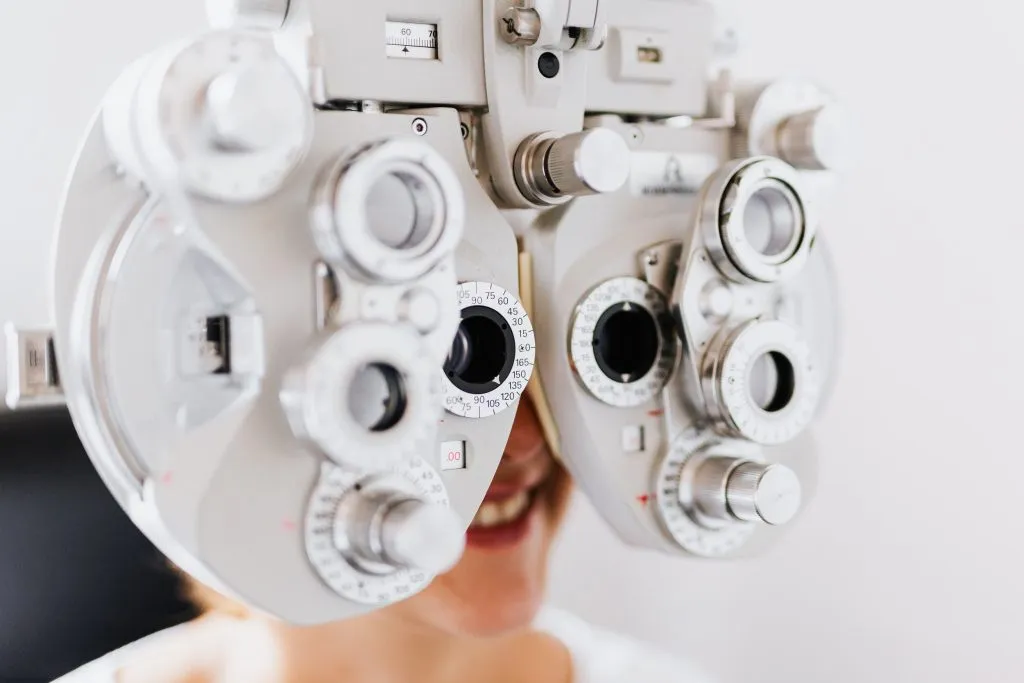In ophthalmology, regular eye exams are a frontline defense against vision loss. These exams allow for early detection of conditions like glaucoma, macular degeneration, and diabetic retinopathy, many of which progress without noticeable symptoms. Staying proactive with routine screenings can make the difference between preserving and losing your sight. Let’s explore how regular eye exams can save your vision.
Ophthalmology and Vision Preservation
Ophthalmology plays a fundamental role in keeping your vision healthy through preventive care and early treatment. Eye specialists use advanced technology to examine all parts of your eye, including areas you cannot see or feel problems in. These detailed examinations help identify changes in your eye health before they cause permanent damage.
Professional medical eye care goes beyond checking if you need glasses or contacts. Ophthalmologists examine the retina, optic nerve, and blood vessels inside your eyes to detect diseases early. They also measure eye pressure and assess how well your eyes work together. This comprehensive approach helps protect your vision for years to come.
Early Detection of Threats to Vision
Many severe eye conditions develop without warning signs or symptoms that you notice. Glaucoma, often referred to as the “silent thief of sight,” damages the optic nerve gradually without causing pain or noticeable vision changes. By the time people notice vision problems from glaucoma, significant damage has already occurred.
Macular degeneration affects the central part of your vision but may not cause symptoms in its early stages. Regular eye exams help detect the first signs of this condition. Cataracts develop slowly over time, causing gradual changes in vision that people often attribute to normal aging. Eye care services identify cataracts early and monitor their progression. This allows for timely treatment when cataracts begin to interfere with daily activities. Diabetic retinopathy affects people with diabetes and may not cause symptoms until it’s in the advanced stages.
Customized Care for Eye Health
Ophthalmology services provide personalized care based on your specific needs and risk factors. Children require different types of eye exams than adults to assess proper vision development and detect conditions. Older adults require more frequent screening for age-related conditions like glaucoma and macular degeneration.
People with diabetes need specialized diabetic eye care to monitor for retinopathy and other complications. Those with a family history of eye diseases benefit from earlier and more frequent screening. Contact lens wearers require specific types of examinations to check for complications related to lens use.
Vision care centers adjust their examination schedules and testing methods to meet the individual needs of each patient. Some people need annual exams while others require more frequent monitoring. Your eye specialist determines the right schedule based on your age, health conditions, family history, and current eye health status.
Total Eye Health Monitoring
Comprehensive eye exams reveal health problems beyond vision issues. Eye specialists often detect diabetes, high blood pressure, and other systemic conditions during routine eye examinations. The blood vessels in your eyes provide a clear view of your overall circulation and health status.
Ophthalmology care includes monitoring for signs of autoimmune diseases, neurological conditions, and even some types of cancer that affect the eyes. This makes regular eye exams valuable for your overall health, not just your vision. Early detection of these conditions through regular eye exams enables timely medical treatment.
Schedule an Ophthalmology Appointment Today
Regular eye exams form the foundation of lifelong vision health and early detection of eye conditions. Professional ophthalmology services provide comprehensive care that protects your sight and monitors your overall health. Contact a reputable ophthalmology center today to schedule your comprehensive eye examination.









Leave a Reply